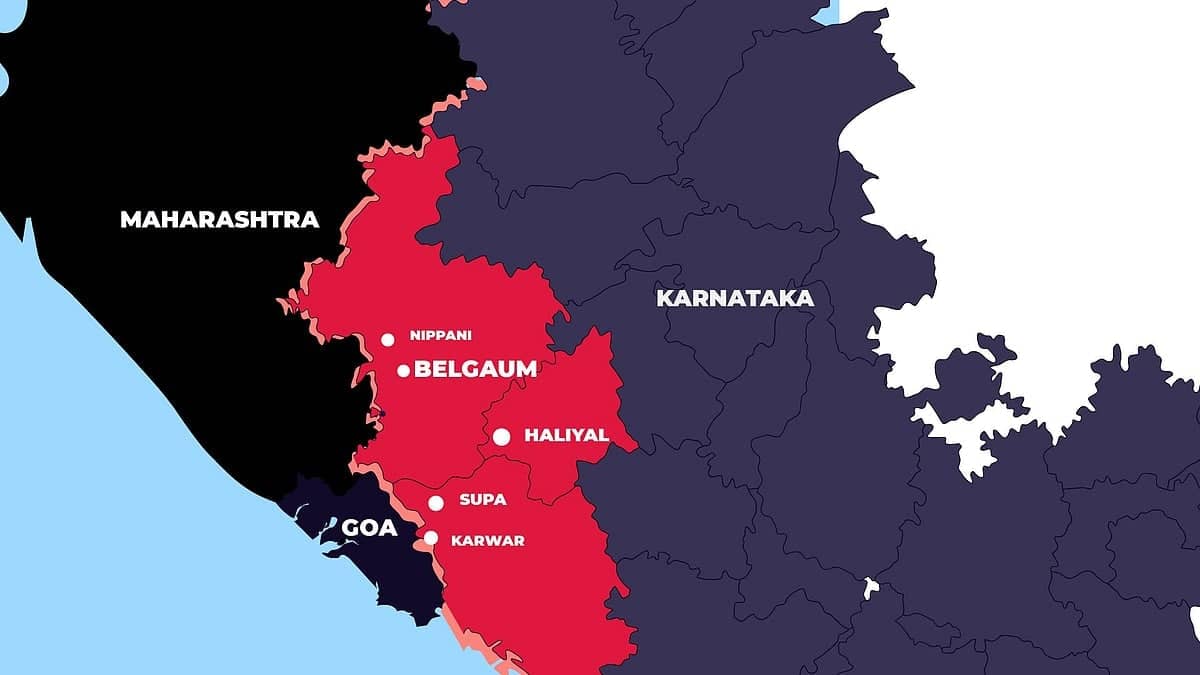The Maharashtra-Karnataka border dispute has reignited following a violent incident involving a bus conductor in Belagavi. This incident has halted bus services between the two states and marks the longstanding tensions rooted in linguistic and territorial claims. The dispute began after India’s independence and has persisted for decades, with various commissions and legal battles failing to resolve it.
Origins of the Dispute
States Reorganisation Commission
Mahajan Commission Report
In 1966, the central government established the Mahajan Commission to address the ongoing dispute. The commission recommended that Belgaum city and 247 surrounding villages stay with Karnataka, while 264 villages should transfer to Maharashtra. Maharashtra rejected this report, labelling it biased, while Karnataka welcomed it.
Legal and Political Developments
The dispute has seen various legal challenges, with Maharashtra filing a petition in the Supreme Court in 2004 against Karnataka’s control of Belagavi. In 2022, Maharashtra’s Legislative Assembly passed a resolution asserting its claim over Belagavi. The Maharashtra Ekikaran Samiti (MES) has also been active in pushing for the merger of Belagavi with Maharashtra. Tensions escalated in December 2024 when several MES workers were arrested for protesting against Karnataka’s legislative session in Belagavi.
Recent Incidents
The latest flare-up occurred on February 21, 2025, when a KSRTC bus conductor was assaulted in Belagavi for not speaking Marathi. The incident escalated when a group of individuals confronted the conductor, leading to violence. In retaliation, pro-Kannada activists targeted MSRTC buses, resulting in the suspension of interstate bus services. The situation remains tense as both states continue to assert their claims over the disputed region.

Leave a Reply